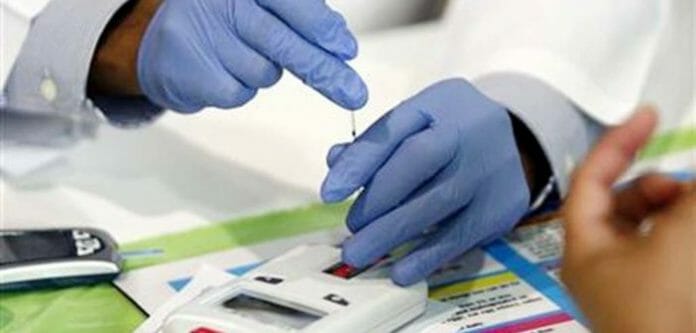Biopharmaceutical company, AstraZeneca has launched the Take CaRe of Me (TCOM) programme.
The programme is an end-to-end management model that embeds advanced diagnostics for the prevention of cardio-renal complications related to type 2 diabetes.
Dr. Sanjeev Panchal, Country President, AstraZeneca Malaysia emphasised that nearly 1 in 5 adults in Malaysia (highest within Southeast Asia since 2015), are affected by type 2 diabetes.
He explained that type 2 diabetes increases the risk of developing cardio-renal complications, a risk that further increases if the disease is not diagnosed and treated early.
“In patients with type 2 diabetes, both heart failure and chronic kidney disease are associated with increased mortality risk. Yet in spite of the close link between type 2 diabetes and its associated cardio-renal complications, the awareness levels are low, and often, it goes undiagnosed,” he highlighted.
For this reason, the TCOM programme was conceptualised as an end-to-end management model that addresses the entire patient journey with a holistic approach to treatment and care.
By building on a holistic disease management approach, the TCOM programme aspires to further refine clinical standards and practices in the primary care setting, changing the future of diabetes care and improving outcomes for society.
To establish a holistic approach to treating type 2 diabetes in Malaysia, AstraZeneca entered into a multi-collaborative partnership with Tricog Health for the provision of AI diagnostics technology, and with tertiary care centres – Sunway Medical Centre, Sunway Medical Centre Velocity, and Cardiac Vascular Sentral Kuala Lumpur (CVSKL) – for early-stage diagnostics screening.
This collaboration was formalised by a signing ceremony today between AstraZeneca and all four parties.
A key component of the TCOM programme is the Take CaRe of Me Registry, a data-generation initiative that assesses the increased susceptibility of cardio-renal risks in diabetes patients at the clinical level. This enables primary care physicians to identify, prevent, and treat comorbidities at an early stage.
In addition to the data registry, the multi-collaborative TCOM initiative will bring advanced AI technologies to the healthcare ecosystem in Malaysia by integrating data and diagnostic support solutions into the patient journey, starting with three primary care clinics – Poliklinik Shaik, Kota Kemuning; Klinik Seri Indah, Selayang Jaya; and Klinik Wong Singh, Selayang Jaya.
Over the next three years, AstraZeneca plans to expand the number of Take CaRe of Me Clinics to 15, with an aim to diagnose over 6,000 patients.
Diabetic patients can opt to visit any of the three partner clinics where early screening tests for their blood sugar level (HbA1c), lipid profile, and albumin-creatinine ratio (ACR) will be conducted.
Abbott’s Afinion system will support the primary care physicians, and dedicated TCOM nurses will be on hand to profile and identify high-risk patients more effectively.
Once high-risk patients are identified, they will be referred to either one of the three partner tertiary care centres – Sunway Medical Centre, Sunway Medical Centre Velocity, and CVSKL – where they will be assessed by a specialist and undergo further testing using an Echocardiogram.
With the support of AI technology from Tricog Health, the results are further evaluated to provide the specialists with insights for their treatment plan. The tertiary care centre support plays a vital role in achieving a cohesive end-to-end solution for patients.
“At AstraZeneca, we recognise the burden of type 2 diabetes on emerging markets and yet awareness levels remain limited.
By embedding early disease management of long-term risks in the primary care setting, we can delay complications and ensure early diagnosis and referral, ultimately improving the standard of care for people living with type 2 diabetes,” Dr. Sanjeev addressed.
“By establishing a holistic approach and integrating advanced technologies that allow for early diagnostics and treatment into the patient pathway, we can develop the primary care ecosystem, minimise the cardio-renal risks related to type 2 diabetes, and save more lives,” he further stated.









